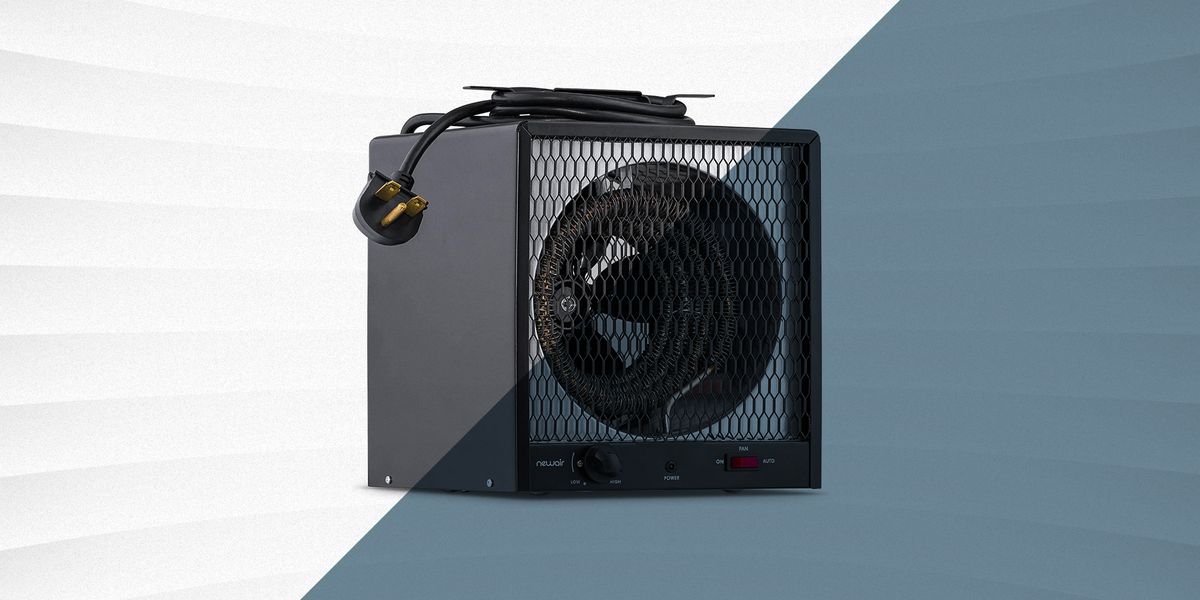
What to Consider When Shopping for a Garage Heater
Safety
Heating your garage is essential for creating a safe and comfortable working environment. To ensure you make the right choice, we spoke with industry experts, Pat Porzio and David Shapiro, who shared their insights on garage heater safety.
According to both experts, safety should be your primary concern when it comes to heating your garage. They both emphasized the importance of pulling a permit. Whether you plan on installing an electric or gas-fired garage heater, filing a building permit is crucial. This applies to both DIY installations and those done by contractors. Permitted installations receive inspections, increasing the likelihood of a safe setup.
In terms of electrical work, Shapiro advises homeowners to choose heaters with a UL (or other safety-related U.S. testing agency) listing. This certification ensures the heater meets safety standards and regulations.
If you opt for a 120-volt space heater, as well as small propane-fired or kerosene heaters, you can skip the building permit. However, it’s important to note that there are still safe and unsafe ways to use these types of heaters. For more information, refer to our garage heater safety tips below.
Size
According to Porzio, bigger doesn’t always mean better when it comes to garage heaters. Oversized heaters can cause short cycling, where they turn on and off too frequently. On the other hand, a heater that’s too small will run continuously and fail to meet the heating demand, leading to premature wear and tear.
Before installing a boiler or furnace, contractors perform a series of calculations called a Manual J to determine the correct size. While homeowners can estimate this figure by multiplying the square footage of the area by 50 to get the correct BTU (British Thermal Unit), Porzio recommends using simplified Manual J forms available online or sizing tools provided by websites like Garage-Heaters.com and Newair.com.
Installation
Whether you decide to tackle the electrical work yourself or hire a professional, Shapiro offers two essential recommendations. First, avoid installing the heater in a way that allows the power cord of any machine or tool to be draped directly in front of it. The heat generated by the heater can damage the cord, posing potential hazards.
Secondly, consider installing a CO (carbon monoxide) alarm in your garage. This safety measure is particularly crucial if you’re using a gas-powered heater. A CO alarm not only makes the garage a safer place to work but also provides peace of mind for the occupants of the house.
FAQs
Coming soon!
Conclusion
When it comes to selecting the right garage heater, safety should be your top priority. Pulling a permit for a permanent installation ensures you’re following regulations and increases the likelihood of a safe setup. Choosing a heater with proper safety certifications, such as a UL listing, is essential.
Additionally, selecting the right size heater is crucial for efficiency and longevity. Oversized heaters can cause short cycling, while undersized heaters fail to meet the heating demand. Online resources like Manual J forms or sizing tools provided by reputable websites can assist in determining the correct size for your garage.
Finally, proper installation is key to ensuring the longevity and safety of your garage heater. Avoid positioning the heater in a way that can damage the power cords of your tools or machines. Additionally, consider installing a CO alarm to enhance safety and peace of mind.
With these considerations in mind, you can choose the best garage heater to keep your workshop cozy and comfortable for all your projects. Stay safe and warm!